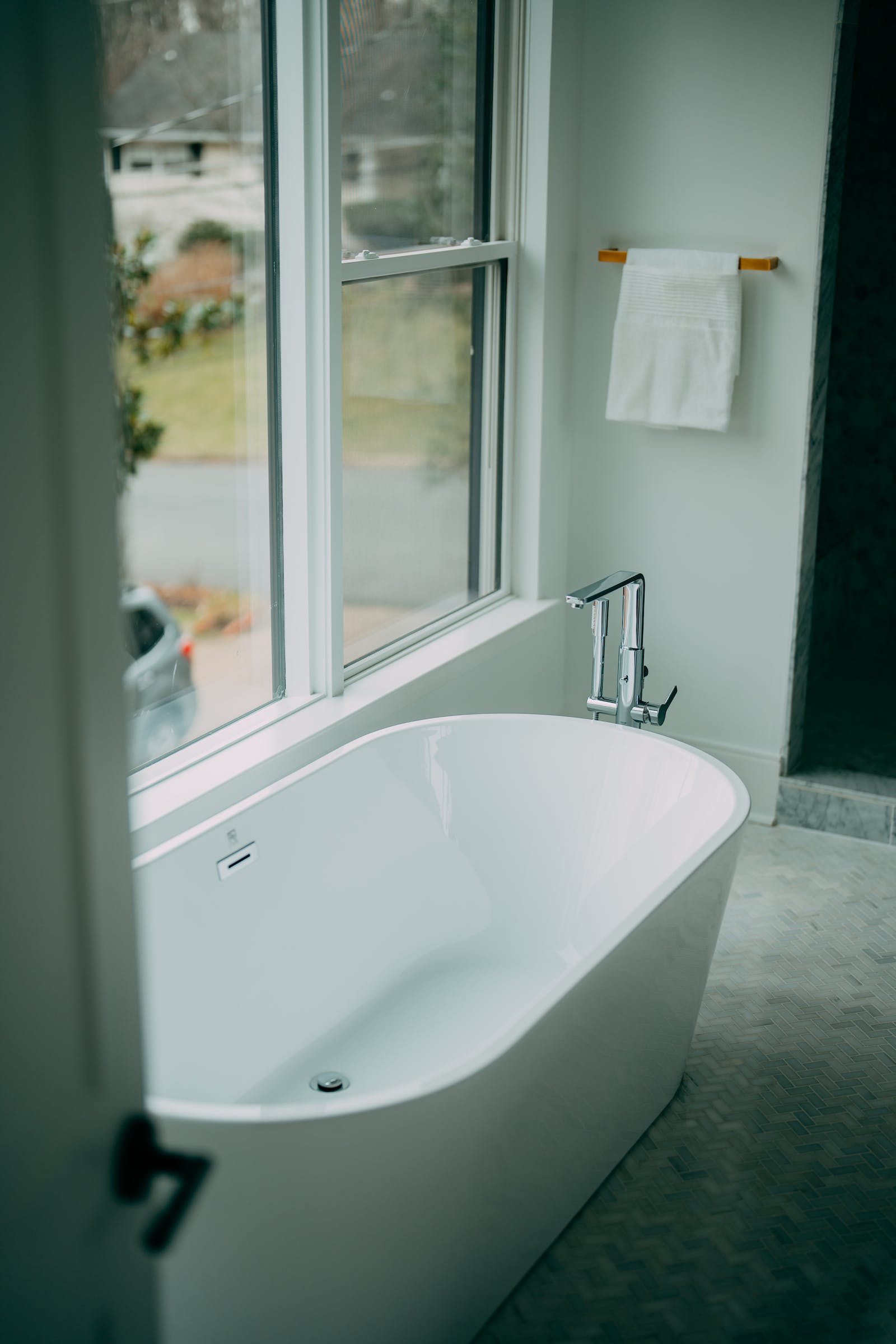Why do I need a water softener
by siteadmin

Water softeners reduce hardness of water, making it soft, clean, and free from any trace of rust, soap scale, or other buildup.
To combat hard water (which contains calcium and magnesium), most people purchase a water softener. You might not need this appliance for certain reasons.
1. Softer skin and hair
Water softeners eliminate hardness minerals such calcium and magnesium, which can cause stains on dishes, appliances, and pipes. They also remove soaps and shampoos that don’t dissolve properly.
Water softeners employ an ion-exchange process to remove unwanted minerals. This involves passing water through a bed made of plastic polystyrene spherical resin beads.
2. We use less soap
Hard minerals, such as magnesium and calcium, tend to have lower soap content than soft water. They don't allow soap particles or dirt to stick and suspend like soft water.
This reduces soap scum in water and allows for a thorough wash of soap off skin and clothing. This will keep your hair and skin moisturized as well as increasing the longevity of your appliances.
3. Smaller scale buildsup
Scale is an accumulation of calcium bicarbonate and magnesium bicarbonate on household appliances, pipes, utensils and faucets. It is formed by the presence of dissolved minerals, such as calcium bicarbonate and magnesium bicarbonate, in tap water.
Water softeners prevent scale buildup and mineral buildup by reducing the level of dissolved minerals found in tap water. This helps reduce the likelihood of damaging plumbing systems and clogging pipes.
4. Reduced Greenhouse Gas Emissions
Water softeners employ ion exchange technology to trap hard minerals like calcium or magnesium. Unfortunately, the resin beads get saturated with these impurities. They need to be recharged, which takes a significant amount of water.
Water softening can also be a major source for greenhouse gases. This can be done by installing a watersoftener that reduces greenhouse gas emissions in the same way as taking one-half cars off the road for an entire calendar year.
5. Appliances last longer
Water softeners are a great way to extend the life of appliances such as dishwashers and washers. These water softeners not only improve the longevity of your appliances but also increase their performance by preventing minerals buildup.
Water-using appliances are susceptible to mineral damage, such as calcium and magnesium. This can lead to a decrease in efficiency and quality. They can clog your pipes, causing irreversible damage and costly repairs.
6. Cleaner Laundry and Dishes
Soft water makes a big difference when washing dishes and clothes. It doesn't leave behind residue and stains like hard water.
Their surfactants, long molecules with oil-loving and water-loving ends, make laundry detergent and dish soap different.
7. Lower Water Bills
Water softener system remove calcium and magnesium from hard water. They also eliminate limescale buildup.
Water softeners may also help you save money on your water bill. Because hard water makes hot water tanks work harder and consume more energy, water softeners could be a good option.
8. There is less soap.
Soap Scum is a unsightly white residue that builds up on the inside of washers, shower curtains, tubs and sinks. It's made up of hard water mineral deposits and soap, dirt, oil, and dead skin.
Soapscum attracts molds and mildew, leaving surfaces looking soiled and smelling musty. Water softeners can prevent grime buildup.
service water treatment boise id
water heater installation boise idaho
Water softeners reduce hardness of water, making it soft, clean, and free from any trace of rust, soap scale, or other buildup. To combat hard water (which contains calcium and magnesium), most people purchase a water softener. You might not need this appliance for certain reasons. 1. Softer skin and hair Water softeners eliminate hardness…
Recent Posts
- Redefining Fencing Excellence in Charlotte, NC
- Premier Pest Control Services in Westlake Village, Ensuring Safe, Pest-Free Environments
- Enhancing Tree Health and Beauty with Higuera Tree Care’s Expert Services in Encinitas
- Charleston Dock Works Sets the Standard in Dock Construction with Exceptional Quality and Craftsmanship
- Charleston Paving Solutions: Elevating Asphalt Paving in Charleston, SC
